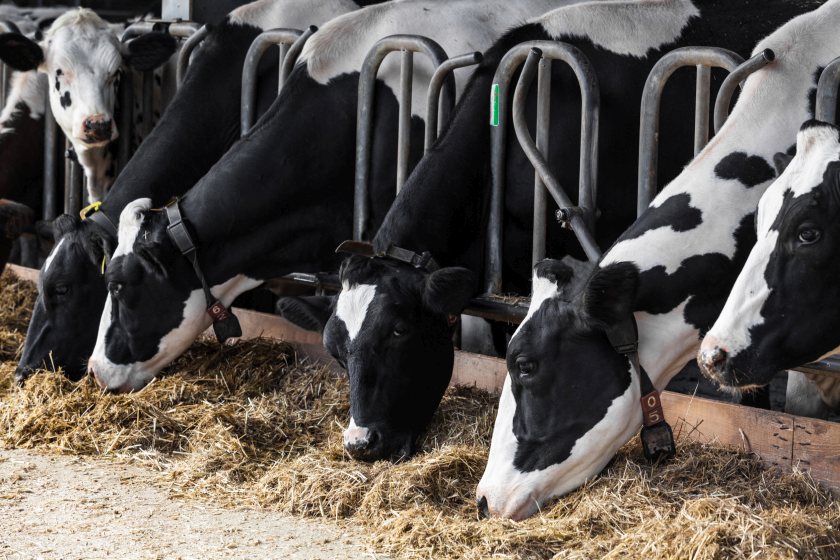
The British Veterinary Association has joined forces with Northern Ireland’s leading farming bodies to demand urgent answers from the UK government on how new post-Brexit veterinary medicines rules will work when the current grace period ends on 31 December.
In a joint letter sent to Defra minister Baroness Hayman of Ullock, the BVA and a coalition of agricultural and veterinary organisations warned that the sector still has no clear picture of how the proposed replacement schemes will operate in practice. The signatories span the entire supply chain.
With the end-of-year deadline fast approaching, they warned that critical questions remain unresolved. Uncertainty persists over which veterinary medicines may be withdrawn or become unavailable, how quickly supplies can be delivered, and what the impact will be on pet owners who may face higher costs or delays.
The organisations also flagged wider dangers for farming and animal health, cautioning that poor coordination could mean disruption, increased cost pressures, heavier workloads and avoidable disease risks at a time when veterinary capacity is already stretched.
Defra has said the new schemes are intended to maintain access to veterinary medicines in Northern Ireland and uphold high health and welfare standards.
The concerns raised by the signatories echo long-standing warnings from the veterinary profession about the unique pressures Northern Ireland faces under post-Brexit trading arrangements.
Veterinary medicines are not covered by the Windsor Framework, meaning Northern Ireland risks losing access to products still freely available in Great Britain unless tailored schemes are fully functional and trusted by suppliers. Industry bodies say this creates a structural vulnerability that must be resolved before the grace period expires.
Northern Ireland relies heavily on timely access to veterinary medicines, both for its large livestock sector and for disease prevention across farms, abattoirs and companion animal practices.
Any interruption could have knock-on consequences for animal health, food production and export certification, with experts warning that delays in treatment availability can quickly escalate into wider health challenges.
There is also concern that smaller practices and independent distributors may be disproportionately affected if new schemes impose additional administrative burdens or uncertain supply chains.
Such pressures come at a time when the veterinary workforce itself remains stretched, with shortages impacting both farm and companion-animal services across the region.
The signatories urged ministers to guarantee consistent implementation across the supply chain and pressed for a meeting within the next two weeks to resolve outstanding concerns. The government is expected to respond once the joint submission has been reviewed.
